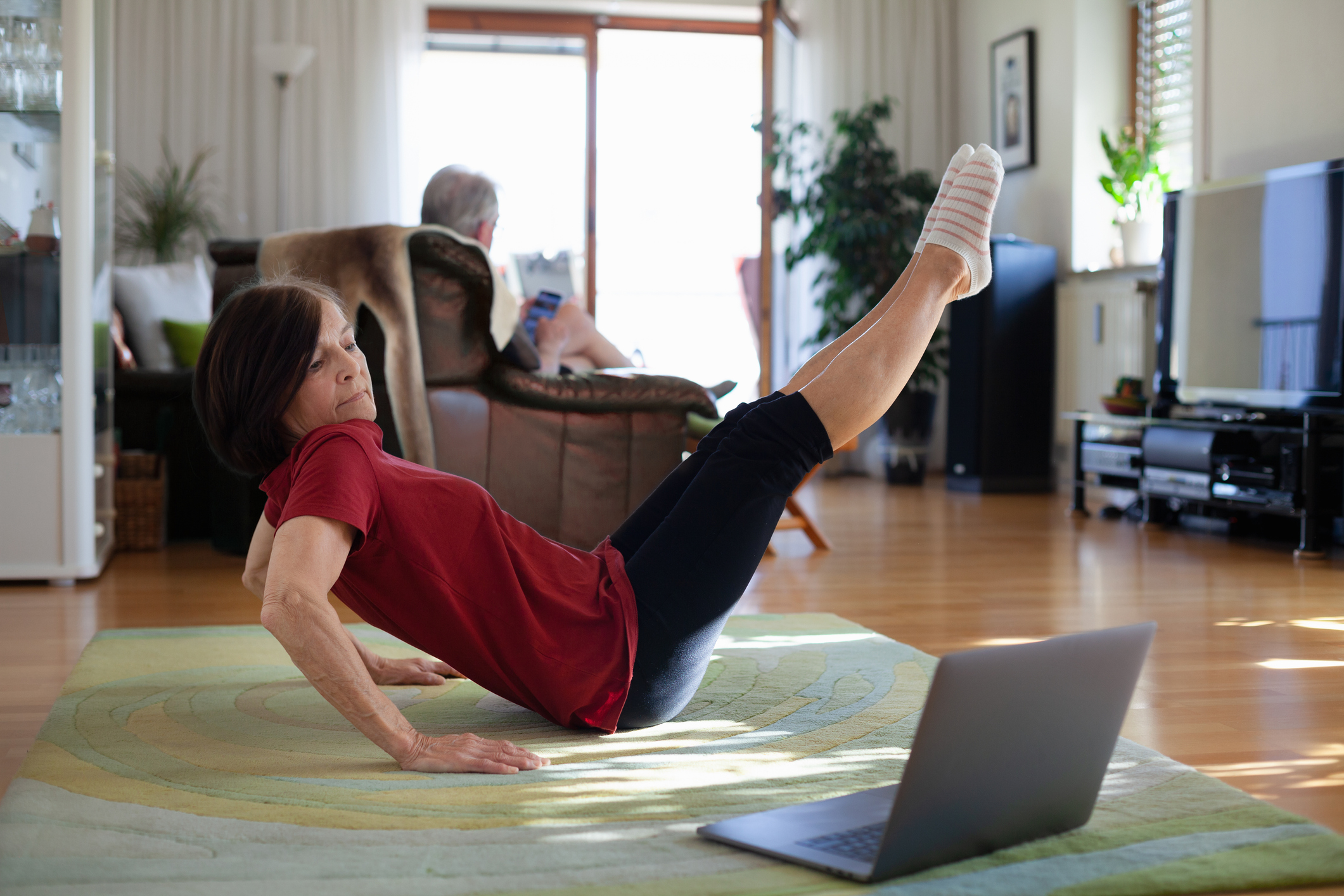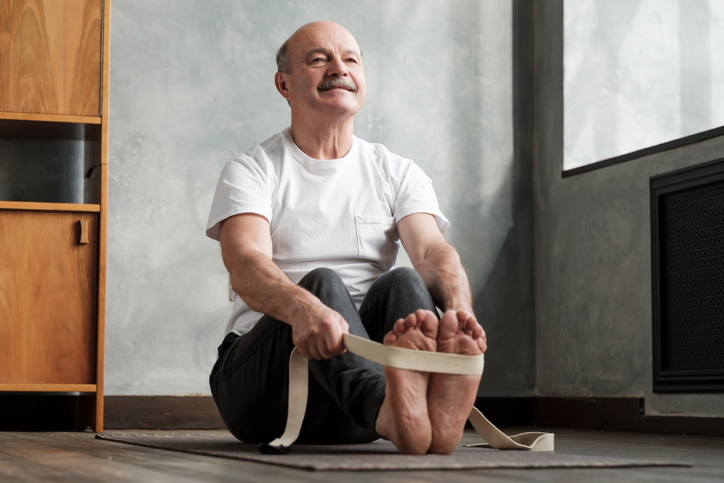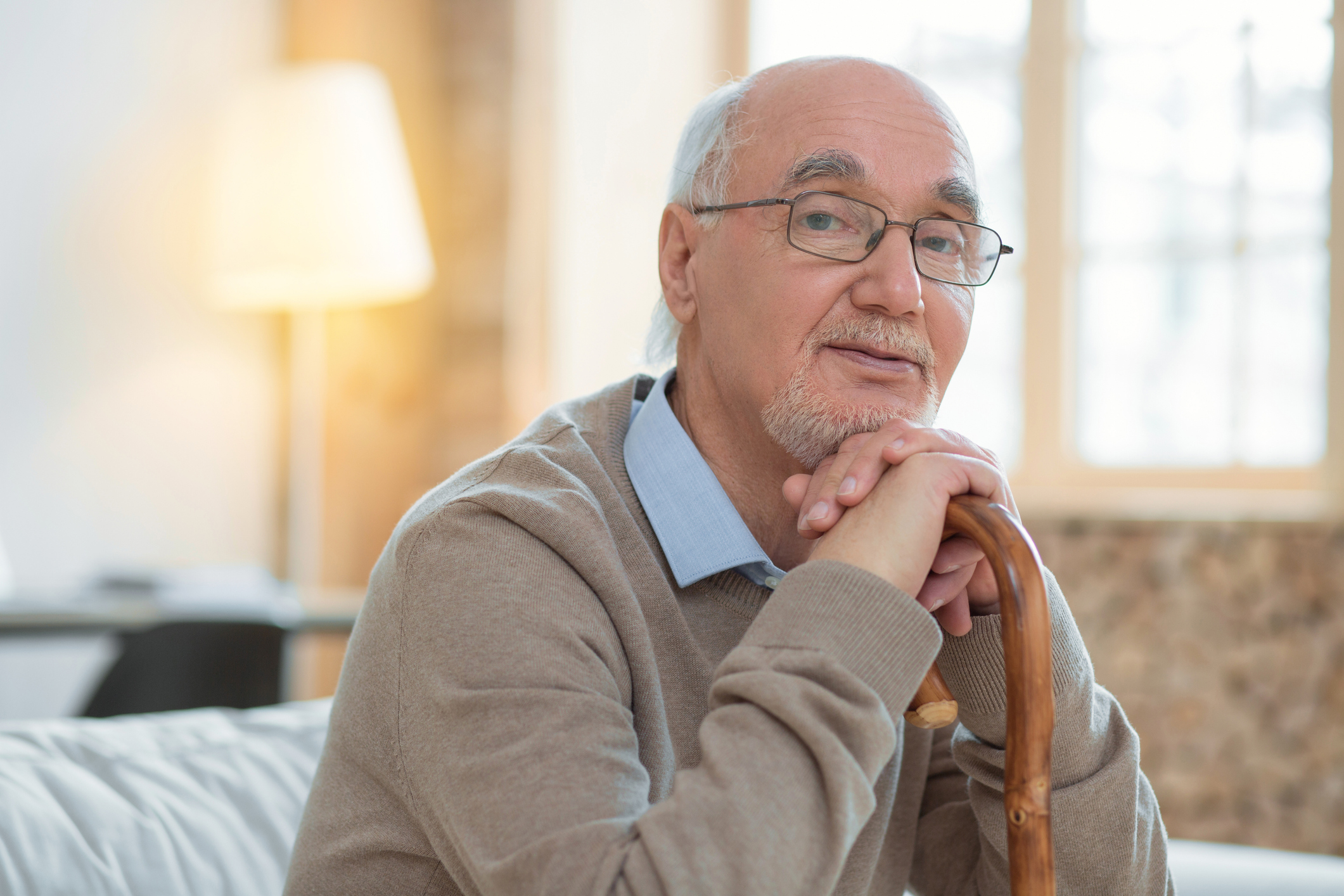“I’ve fallen and I can’t get up!” …
The 1990s advertising catchphrase from an older American in distress was and still is the butt of many jokes. However, falls are no laughing matter for all of us as we age.
Among older adults, falls are the No. 1 cause of fractures, hospital admissions for trauma, loss of independence and injury deaths, according to the National Institute on Aging.
At Sutter’s California Pacific Medical Center Acute Care for Elderly Unit in San Francisco, falls are cited as a common reason for patient admissions.
“As we age,” says fall prevention expert Dr. Jessica Davidson, “our bodies get stiffer and our movements get smaller, and that is a recipe for falling.”
Dr. Davidson, an internist with Sutter’s Palo Alto Medical Foundation who specializes in geriatrics and fall prevention, offers many insights on why falls are more common among those over 60, the risk factors for serious falls, and how to reduce that risk.
These Things Can Help Avoid a Fall
By age 60, most of us move in four main ways: sitting, standing, walking and lying down … with very little extended reaching or shifting our weight.
Dr. Davidson recommends three things for older adults to help avoid taking a spill:
- Work on balance,
- Practice weight-bearing exercises,
- And incorporate complex movement into daily routines.
Older adults should also pay close attention to fracture prevention measures, which include being screened for osteoporosis and likely taking calcium and vitamin D supplements.

It is recommended that older adults work to incorporate some complex movements into their routines. Doing so can help maintain balance and stability, both of which are useful in preventing a potential fall.
Dr. Davidson, who provides care in a nursing home setting, says when she encounters older patients who have taken a tumble, the incident often took place in the bedroom or bathroom. Upping this likelihood includes if the person is sick, frail or has cognitive or vision problems. These health-related conditions combined with other factors, such as medications, can all lead to an increased fall risk.
People with dementia may also be more likely to experience a fall, as they will keep trying things that put themselves into situations where a fall is more likely to occur. In Dr. Davidson’s experience, she’s seen that people who are older and frail, but still cognitively intact, actually tend to fall less.
Know Your Fall Risk
Once a fall occurs, the road back to health and independence can be a long one.
Broken bones (or fractures) and bruises heal more slowly as a grows older. On top of that, the prolonged inactivity as your body heals can lead to other serious problems, such as blood clots.
“If you are concerned about your risk factors for falling, talk to your doctor,” says Dr. Davidson. “Your doctor can help address any illness that may be contributing to weakness or dizziness and can recommend other services that may help you, such as an evidence-based fall-prevention class.”
Dr. Davidson points out the following risk factors for falling. They include:
- A fall or near fall in the past six months
- Fear of falling
- Fainting or feeling dizzy
- Problems with your balance
- Muscle weakness in your legs
- Loss of feeling or numbness in your legs or feet
- Difficulty breathing or shortness of breath
- Changes in your vision
- Problems with routine activities (getting dressed, bathing)
Reducing Your Risk of a Fall
If you determine that you may be at high risk of a fall, act now.
Since bone quality decreases with age, you are at a higher risk of a bone fracture if you fall, and once a fracture occurs, it may lead down a slippery health slope. Research has even linked hip fracture in people over age 50 with a significantly higher risk of dying in the years following the fracture.
What’s more, Dr. Davidson says osteoporosis, a condition in which bones become weak and brittle, is another disease besides dementia that can devastate older adults.
To learn if you might have osteoporosis, a bone density test should be conducted.

Working on balance through stretching and other movements like sit-to-stand practice can help older adults feel more confident while on their feet.
Women are encouraged to start this screening between ages 60-65 and then repeat it every five years, or as needed. Women tend to have smaller, thinner bones than men. Additionally, estrogen, a hormone in women that protects bones, decreases sharply when women reach menopause.
“More men need to be screened for osteoporosis, too,” says Dr. Davidson, who says men typically experience bone density loss later in life, around ages 80-85.
Having healthy bones alone won’t prevent a fall, but if you fall, it might prevent breaking a hip or other bone.
Some Exercises That Can Help
The good news: There are simple exercises you can do to strengthen your body and improve balance. Stronger legs in particular can help prevent falls.
To help stay on your feet, Dr. Davidson suggests working up to more complex movements (like swinging a tennis racket or dancing) gradually, by increasing strength and reach in small increments.
“The manipulations you do can really be quite gentle in order to reduce stiffness and increase agility,” she says.
“Weight-bearing exercises are also important as we age,” Dr. Davidson adds. She suggests doing sit-to-stands and lots of walking.
“You don’t have to be power lifting in the gym to experience benefits. Any-aged body can perform these movements and make strides that will not only help keep them upright but improve their overall health.”





